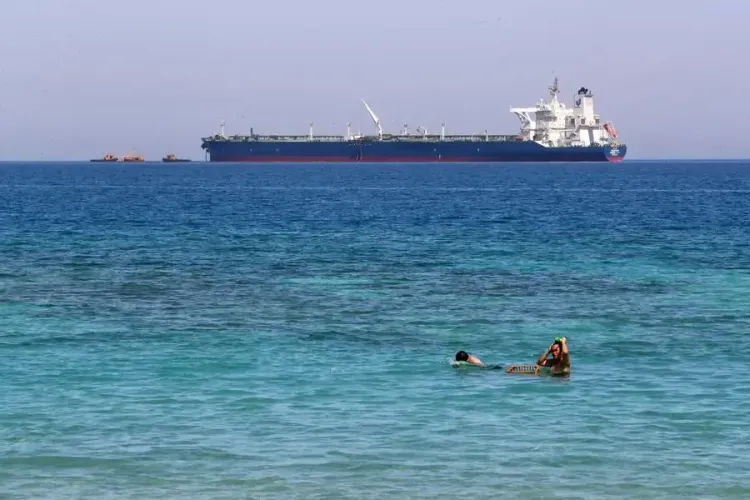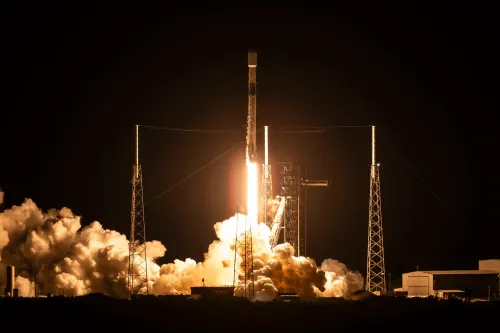Did Egypt's Suez Canal Just Offer a 15% Discount for Large Container Ships?

Synopsis
Key Takeaways
- The Suez Canal Authority has initiated a 15% discount on transit fees for large container ships.
- The discount is effective for 90 days and targets large vessels of 130,000 tonnes or more.
- This move is designed to boost maritime activity amid regional security improvements.
- The Suez Canal is essential for global trade, handling about 12% of the world's trade volume.
- Recent tensions have impacted canal revenues significantly.
Cairo, May 13 (NationPress) The Suez Canal Authority (SCA) declared on Tuesday a 15 percent reduction in transit fees for large container vessels effective Thursday, aiming to entice major shipping companies back to the waterway amid enhanced security in the Red Sea.
SCA Chairman Osama Rabie stated that this discount is applicable to container ships with a net tonnage of 130,000 tonnes or greater, irrespective of their loaded or empty status, and will remain in effect for 90 days. He noted that this initiative is a response to the demands of shipowners and aims to reaffirm the Suez Canal's significance in global supply chains, as indicated in an official statement.
The SCA head emphasized the authority's continuous efforts to adapt to the swift changes in the maritime transport sector and to flexibly address current challenges in the Red Sea region.
The Suez Canal plays a crucial role in Egypt's economy and international trade, as reported by Xinhua news agency. Approximately 12 percent of global trade volume transits through this strategic waterway. Nonetheless, due to regional tensions, especially Houthi attacks in the Red Sea, the canal's revenues have significantly declined. In mid-April, Rabie disclosed that Suez Canal revenues plummeted by 61 percent in 2024 — dropping to $3.991 billion from $10.250 billion in 2023.
Last month, US President Donald Trump's recent demand for unrestricted passage of American vessels through the Suez Canal sparked widespread backlash in Egypt, where legal experts, political figures, and citizens condemned his statements as legally unfounded and a serious threat to international order.
Trump posted on Truth Social, a platform he largely owns, that US military and commercial ships should be permitted to navigate both the Panama Canal and the Suez Canal without charge.
He asserted that both routes would “not exist” without the United States and mentioned that he had instructed Secretary of State Marco Rubio to promptly “address and memorialize this situation.”
According to Ayman Salama, a professor of international law at Cairo University, “Trump’s assertions about international waterways represent a significant threat to global peace, security, and public order.”
Salama pointed out the 1888 Constantinople Convention, which established the foundational principles governing international interactions with the Suez Canal, safeguarding the rights of all nations to utilize this global transit route.
He remarked that Trump’s “legally unfounded” claims, which disregard the sovereignty of coastal nations over their territorial waters and straits, could lead to meddling in the internal affairs of countries, violating the general principle of non-interference in contemporary international law.
Warning against disruptions to international trade and potential damage to the global economy due to US interference, the Egyptian legal expert urged the global community to firmly uphold international laws and conventions and take significant steps to protect the legal frameworks for navigation.









